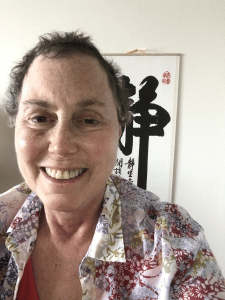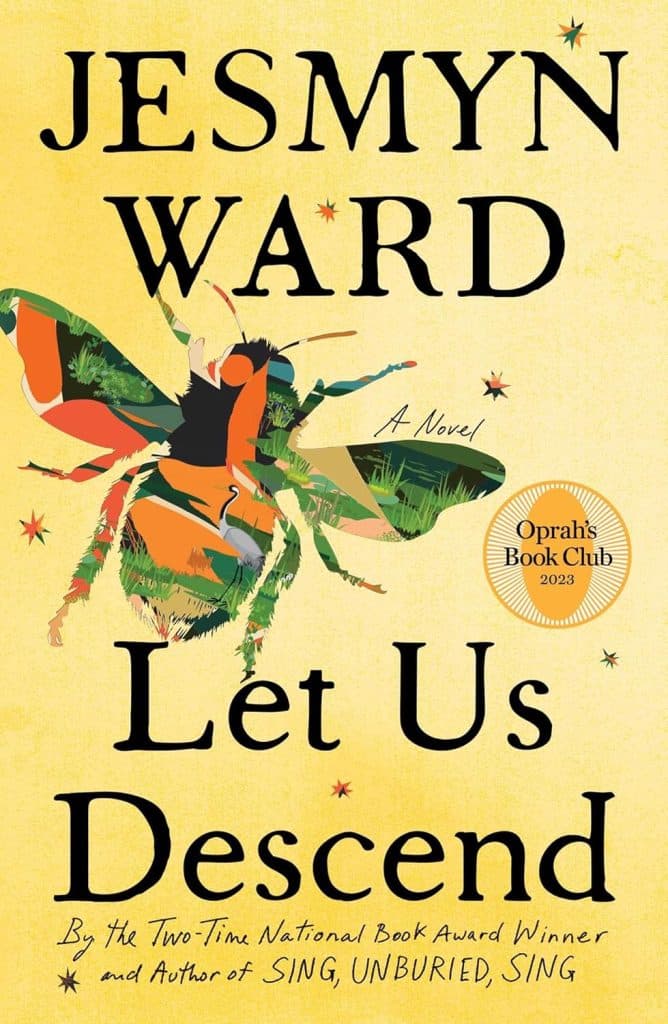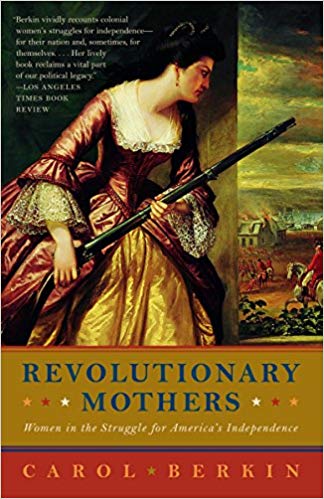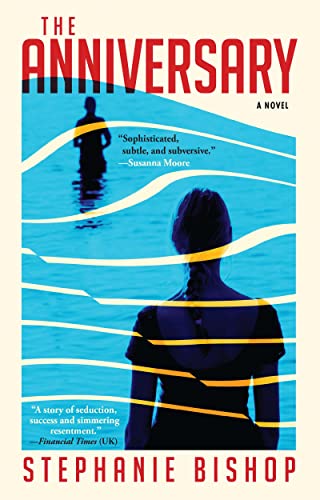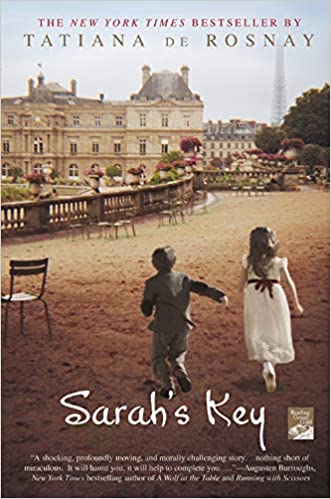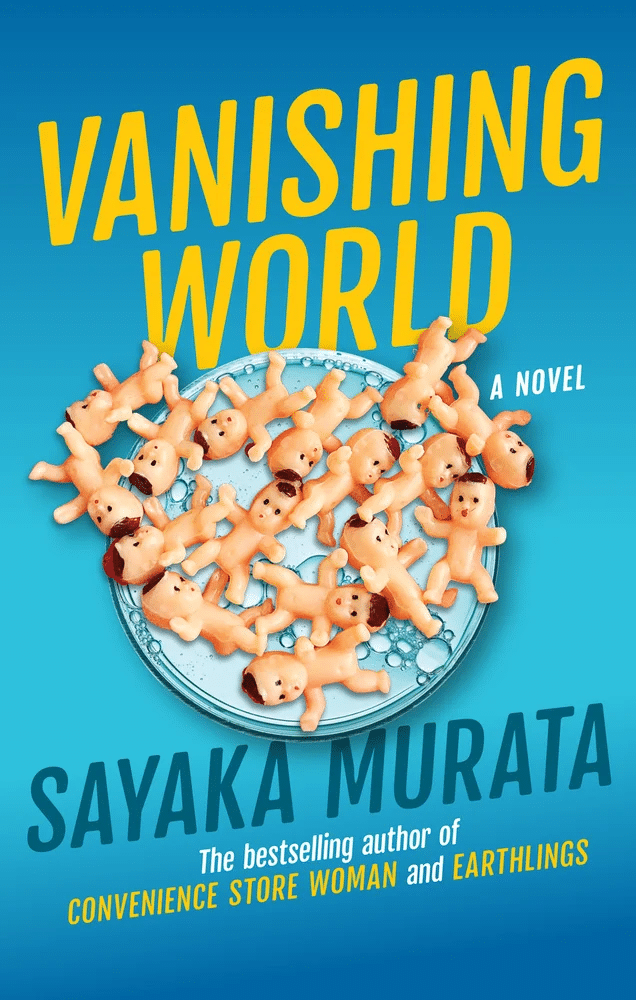Learning From Grief
Estimated reading time: 16 minutes, 33 seconds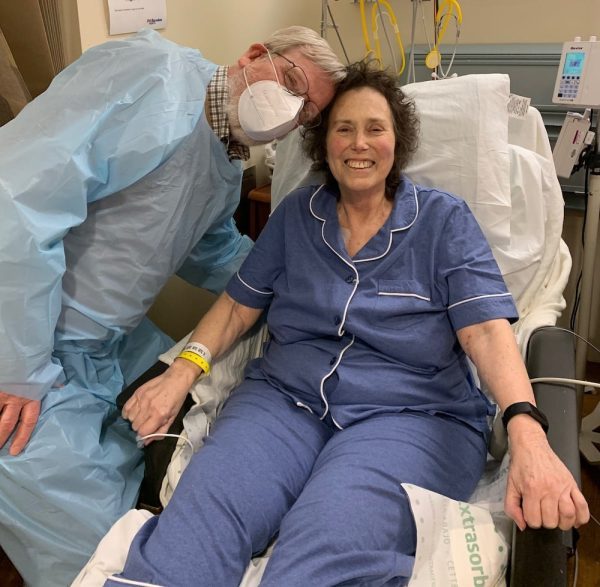
Knowing What Needs to be Done and Doing It Are Not the Same
I held the cold cup of milkshake from Cranford Vanilla Bean Creamery, looking over at my wife, Jan, who sat beside me in the hospital room. The milkshake tasted terrific, but Jan had already expressed that she couldn’t drink. Trying to conceal my emotions, I observed her closely, knowing what would happen at 3 pm today. We were sitting in the familiar Overlook Hospital, a place I knew so well that I could navigate without asking for directions. Visitors even came to me for help. It was a reality I never imagined that my beloved wife would fall ill and that we would spend so much time in hospitals. Due to the COVID-19 restrictions, I couldn’t leave the room, so I offered to call the nurses’ station. Waiting was the only option, forcing me to chat with Jan as if everything would be OK. Despite the hard truth I knew, she did not.
In 1975, I married Jan and committed never to keep secrets from her consciously. Trust and honesty were the foundation of our relationship. However, there was one instance where I almost didn’t tell her the truth. Our older son, Jon, had planned a surprise visit for her 60th birthday party, and I didn’t want to ruin it. It was a moment of weakness, and I felt guilty about it, but I also knew how happy she would be to have both of her sons home. I knew that keeping secrets could lead to a breach of trust and harm our relationship.
But unlike that instance, it was not easy for me to keep a secret from her when we found out that there were no more options available to treat her Lymphoma and COVID. It felt like I was carrying a massive weight, and it was challenging not to tell her the truth. Whenever I looked at her, I realized that our time together was limited, and keeping such a big secret from her was painful. However, I knew it was necessary to wait until the arrival of my sons, Rabbi Renee and Dr. Saksena. It was a difficult time, but we found strength in each other and made the most of every moment.
The Previous Night – April 6, 2021
Three days ago, my wife Jan underwent emergency stent surgery, and I rushed to the hospital to visit her in the Intensive Care Unit. The previous three nights were a nightmare for me as I had stayed up all night, worried sick that I might lose her. However, in a miraculous turn of events, Jan underwent a midnight stent surgery that gave me the confidence that we had finally turned the corner. When I saw her at the hospital, I was relieved to find that she was no longer in pain and was her usual vibrant and engaging self. Although I was too exhausted to stand, I leaned in and kissed her lips, feeling the warmth of her love and the promise of her speedy recovery. Despite the challenges ahead, I was optimistic and determined to help her get back on her feet and recover as quickly as possible.
Last weekend, my eldest son, Jon, arrived from Portland, Oregon, on Saturday night. We had breakfast the following day before he left to see his mother. During our conversation, I expressed my concerns about Jan’s health, saying how weak she looked when she was last released and how much I was struggling to provide her with the necessary help. Jon listened attentively and agreed that we might need to explore other options, such as rehab or more intensive physical therapy at home.
After breakfast, I suggested scheduling a group call with Dr. Strair, one of her two oncologists, to discuss Jan’s health and explore possible treatment options. By including my sons in the call, we could all be on the same page and better able to help their mom recover fully.
As I visited Jan, I noticed she was becoming more robust, so I postponed contacting Dr. Strair. However, Dr. Saksena visited Jan today and said, “I’m sorry you’re back in the hospital, but the stent has made a difference. How are you feeling today?”
Jan shook her head up, down, and sideways, then replied, “I’m OK, just extremely tired of being in the hospital and worried about the lymphoma returning.
Dr. Saksena tried to comfort her by saying, “We’re in touch with Dr. Strair and his team, and we’re monitoring it constantly.”
Jan then asked, “How aggressive is it?”
Dr. Saksena replied, “It’s not where we would like it to be, but we’re exploring various treatment options.”
After hearing this, I realized I couldn’t postpone speaking with Dr. Strair any longer. I immediately texted him while my wife was napping in the hospital. I informed him that I was at the hospital with Jan and shared the details of Dr. Saksena’s visit. Jan asked if she would survive, and Dr. Saksena gave a realistic response. I then asked Dr. Strair when we could speak that evening. My main goal was to connect my sons to the call as soon as possible to get everyone on the same page.
Dr. Strair responded quickly, suggesting 7:30 pm that evening, which I agreed to. I then texted Jon and Mike to inform them of the details.
The Call with Dr. Strair – April 7, 2021
Walking towards the parking deck, I felt optimistic even though the Lymphoma had returned. I called Mike first, and he said he and Jon would step out onto his deck and join the call on the speakerphone since they were together.
As I eased my car out of the parking deck and started driving, I explained to Mike and Jon that I needed to pull over to the side of the road to call Dr. Strair. Dr. Strair answered my call on the second ring, and I introduced Mike and Jon to him.
I explained to Dr. Strair that we wanted to discuss the next steps in treating Jan’s Lymphoma and how to ensure her subsequent discharge goes smoothly. Dr. Strair welcomed all of us to the call and got straight to the point. He explained that they couldn’t effectively treat Jan’s Lymphoma due to COVID-19, and the Lymphoma prevented them from treating COVID-19. He stated that her Lymphoma was very aggressive, and they had tried three treatments, but the efficacy of each new treatment had declined. Dr. Strair said there was little they could do even without COVID-19.
As Jan’s Prius turned onto Shunpike, Dr. Strair paused momentarily. He then explained that the only option left for Janice was hospice. Jon asked if there was no other option, to which Dr. Strair replied no. Mike then asked how long Jan had left, and Dr. Strair suspected that she only had a few weeks to live.
Despite the tough conversation, we continued until the car reached its parking space. I thanked Dr. Strair for his honesty before the car parked itself and ended the call. I knew I needed to leave the car, but my legs felt like rubber. Suddenly, my iPhone rang, and it was Mike, saying he and Jon were on their way to be with me, “You should not be alone after hearing this news.
After almost 48 years, I recently lost my wife, Jan Lilien. Like The Little Prince, Jan and I believed that “The most beautiful things in the world cannot be seen or touched, they are felt with the heart.” This blog is a collection of my random thoughts on love, grief, life, and all things considered.



